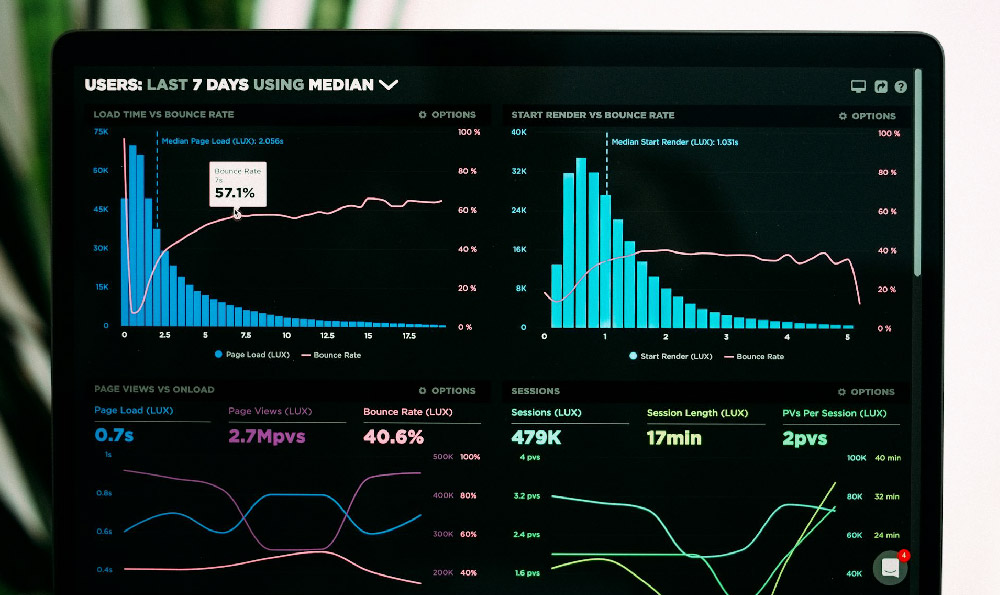Okay, I'm ready. Here's an article addressing the relationship between part-time work, unemployment benefits, and the requirements to qualify.
Can Part-Time Work Lead to Unemployment Benefits? What Are the Requirements?
The economic landscape is perpetually shifting, and job security, once a seemingly unshakeable foundation for many, has become more precarious. Facing layoffs or reduced hours, individuals often seek ways to supplement their income, and part-time work has emerged as a viable solution for countless people. However, a complex question arises: Does engaging in part-time work automatically disqualify an individual from receiving unemployment benefits? The answer, as with many aspects of unemployment insurance, is nuanced and varies significantly based on state regulations.

Unemployment benefits are designed as a safety net, providing temporary financial assistance to those who have lost their jobs through no fault of their own and are actively seeking new employment. The core principle underlying these benefits is to bridge the gap between jobs, allowing individuals to maintain a basic standard of living while they search for suitable full-time opportunities. Consequently, the introduction of part-time work into this equation complicates the eligibility assessment process.
One critical factor in determining eligibility is the amount of income earned from part-time employment. States have varying thresholds regarding how much an individual can earn from part-time work without affecting their unemployment benefits. Typically, these thresholds are expressed as a percentage of the individual's weekly benefit amount. For instance, a state might allow individuals to earn up to 50% of their weekly benefit amount without a reduction in their benefits. If the part-time earnings exceed this threshold, the unemployment benefits may be reduced proportionally, or in some cases, eliminated entirely. The logic behind this system is that if the part-time earnings are substantial enough to provide a reasonable level of support, the individual may no longer be considered "unemployed" in the spirit of the unemployment insurance program.
Beyond the income threshold, the nature of the part-time work itself plays a significant role. If an individual voluntarily reduces their hours or leaves a full-time position to pursue part-time work, they may be deemed ineligible for unemployment benefits. The fundamental requirement is that the unemployment must be involuntary, meaning the individual lost their job through no fault of their own (e.g., layoff, company downsizing, or termination without cause). If the individual chooses to work part-time instead of seeking full-time employment, or if they reduce their hours for personal reasons, they might not meet the eligibility criteria.
Furthermore, the individual's availability and active job search efforts are crucial considerations. To remain eligible for unemployment benefits while working part-time, individuals must demonstrate that they are actively seeking full-time employment. This typically involves registering with the state's workforce agency, submitting job applications, attending job interviews, and documenting these activities for review by the unemployment office. The purpose of this requirement is to ensure that individuals are genuinely committed to returning to full-time employment and are not simply using part-time work as a long-term substitute for a full-time job. It's vital to be upfront about the part-time work situation when filing claims, so the agency can fully assess whether the applicant still meets the requirements for benefits.
The specific requirements and regulations governing unemployment benefits and part-time work vary widely from state to state. Some states have more generous provisions, allowing individuals to earn a higher percentage of their weekly benefit amount without affecting their eligibility. Other states have stricter rules, with lower income thresholds or more stringent requirements for active job searching. Therefore, it is imperative for individuals seeking unemployment benefits while working part-time to thoroughly research and understand the laws in their specific state. State unemployment agencies typically provide detailed information on their websites and through informational brochures.
Consider the hypothetical scenario of Maria, who was laid off from her full-time marketing position. She immediately applied for unemployment benefits and began her job search. In the interim, she secured a part-time retail job to supplement her income. In her state, individuals can earn up to 50% of their weekly benefit amount without affecting their unemployment benefits. Maria's weekly benefit amount is $400, and her part-time earnings are $150 per week. Because her part-time earnings are below the 50% threshold ($200), she remains eligible for her full unemployment benefits. However, she must continue to actively search for full-time employment and document her job search activities. If her part-time earnings were to exceed $200 per week, her unemployment benefits would likely be reduced proportionally.
It is also important to note that misrepresenting information about part-time employment to the unemployment agency can have serious consequences. Failing to report earnings or providing false information can result in penalties, including the repayment of benefits, fines, and even criminal prosecution. Honesty and transparency are essential when navigating the unemployment benefits system.
In conclusion, the relationship between part-time work and unemployment benefits is complex and dependent on individual circumstances and state regulations. While engaging in part-time work does not automatically disqualify an individual from receiving unemployment benefits, it can affect their eligibility and benefit amount. By understanding the income thresholds, actively seeking full-time employment, and adhering to the specific requirements of their state, individuals can navigate this complex system and potentially supplement their income while searching for new full-time opportunities. Careful research and open communication with the state unemployment agency are crucial to ensuring compliance and maximizing the benefits available.











